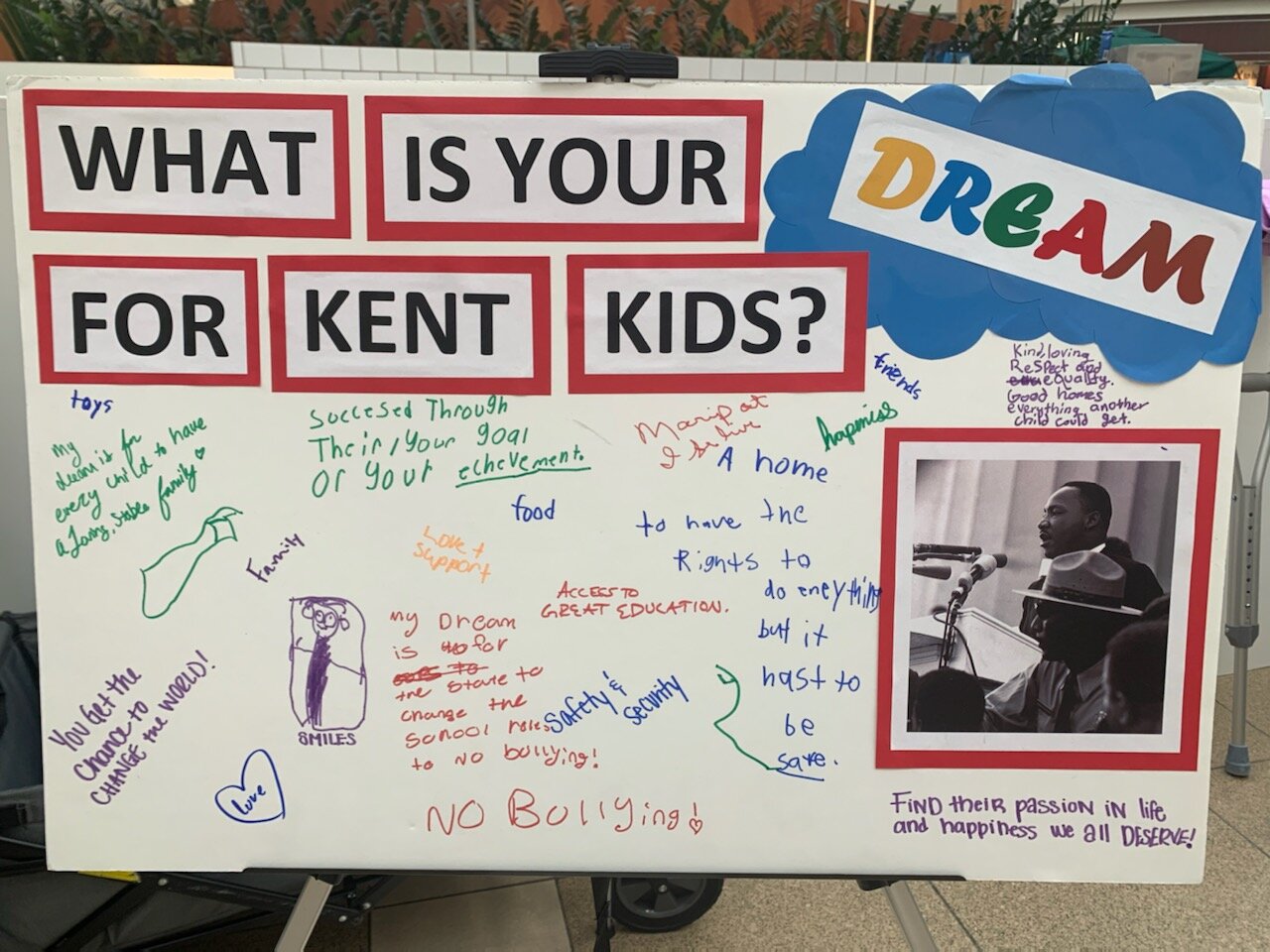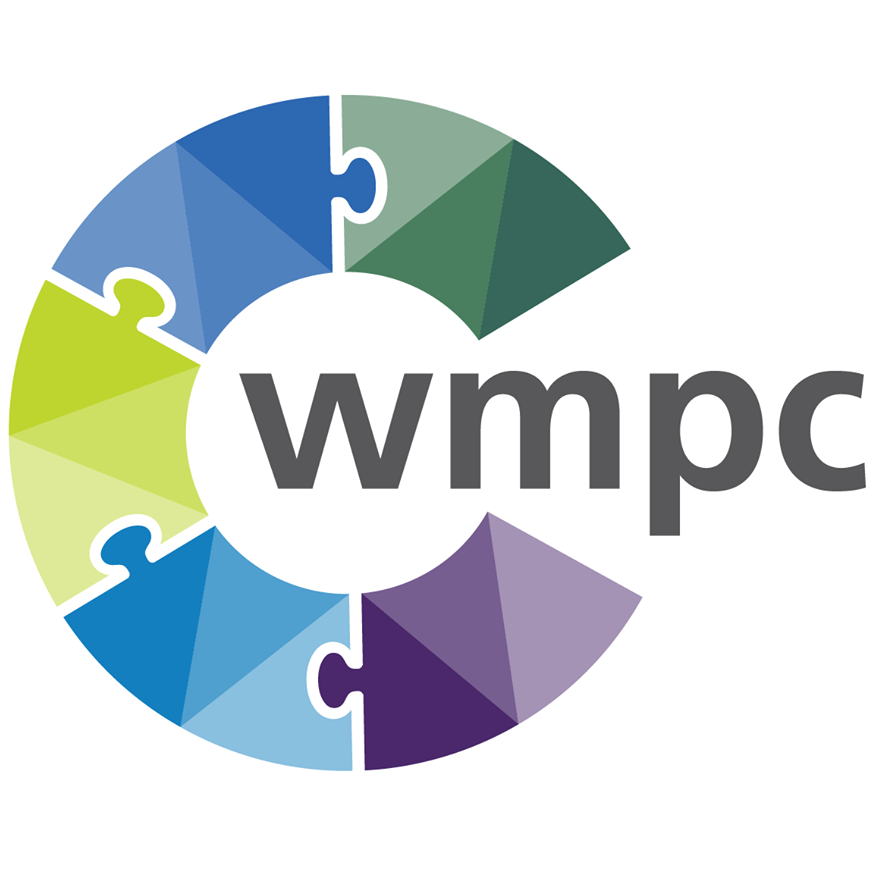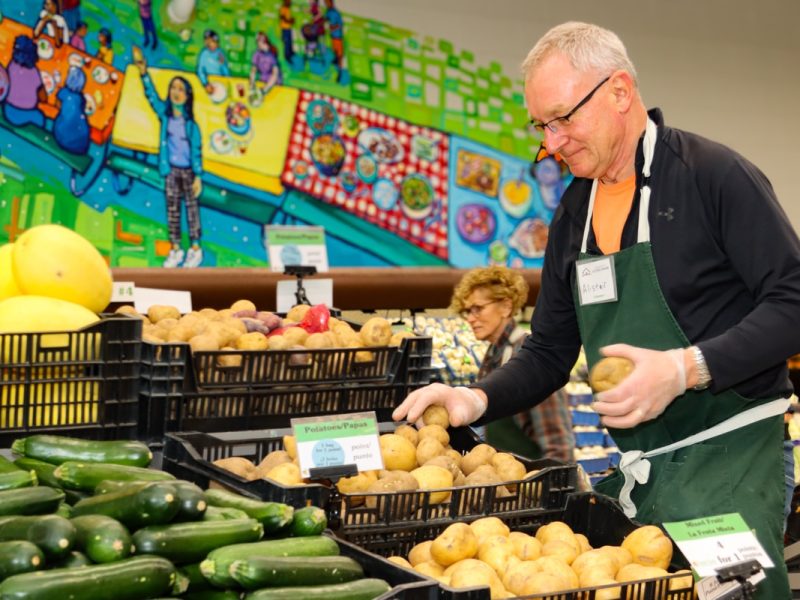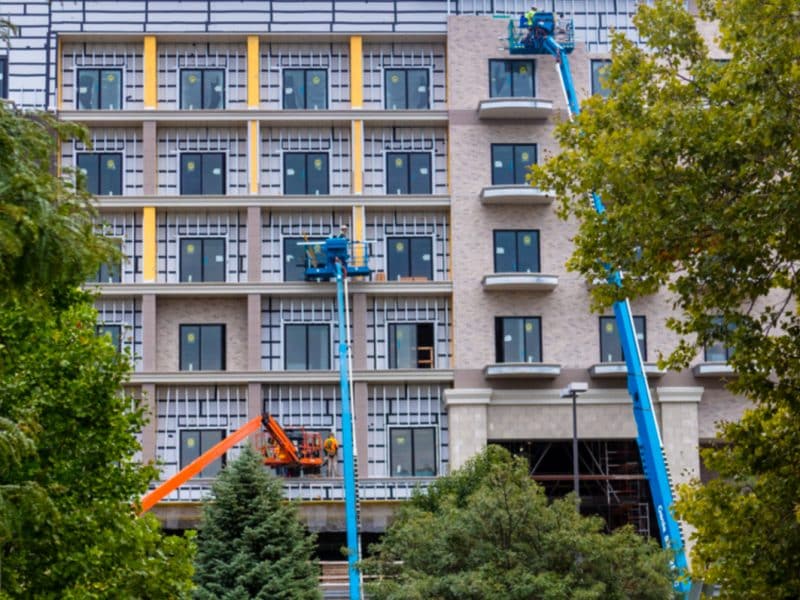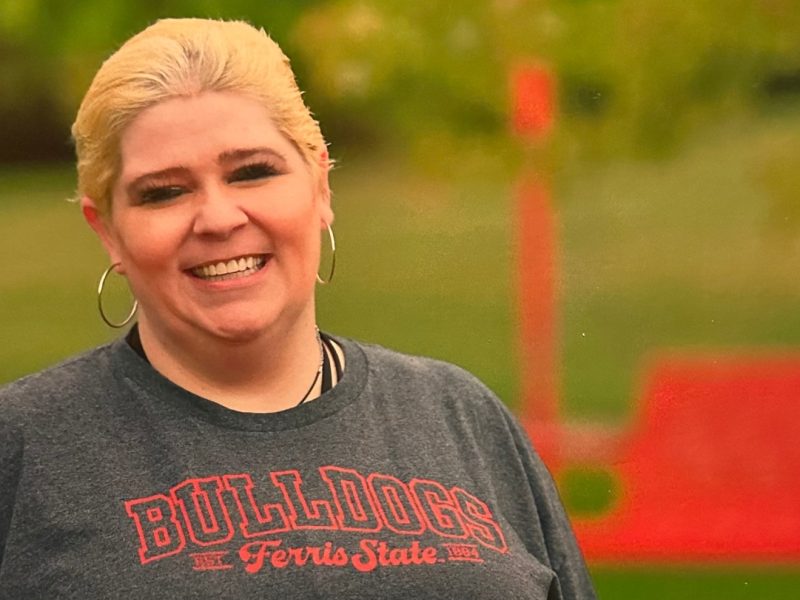WMPC seeks to make foster care affirming for LGBTQ+ youth
Grand Rapids Community Foundation LGBTQ+ Fund supports WMPC Foster Care A.L.L.Y. Project, “Affirming and Listening to our LGBTQ+ Youth."
Funded by the Michigan Department of Health and Human Services, the West Michigan Partnership for Children (WMPC) is piloting a performance-based foster care model in Kent County, ensuring that children removed from their homes are placed in safe, family-like settings with culturally responsive and trauma-informed services. As part of that model, WMPC felt it was important to address the unique — and often unmet — needs of LGBTQ+ youth in the foster care system. The Grand Rapids Community Foundation has stepped up to help meet that need with support dollars from its LGBTQ+ Fund. As a result, WMPC is launching its Foster Care A.L.L.Y. Project. A.L.L.Y. stands for “Affirming and Listening to our LGBTQ+ Youth.”
“One of the challenges we have in foster care is that whether youth identify as LGBTQ+ is not information that we collect. It’s not tracked like other populations so we can’t really dig in and find out what their needs are,” says Kristyn Peck, CEO of WMPC. “It makes it challenging for leadership to develop policies, practices, and programs. What we do know, from the Arbor Circle True Colors report, LGBTQ+ are disproportionately represented in the homeless population.”
Peck adds that LGBTQ+ youth are also disproportionately represented among youth with mental health challenges.
“What we want to do is create a culture within our foster care system where youth are safe enough to disclose they are LGBTQ+ so we can better understand their needs,” she says. “We want to create a system that is safe and inclusive, that affirms and empowers them.”

One strategy, A.L.L.Y. hopes to create a gay-straight alliance group for youth in foster care. LGBTQ+ youth and allies will learn strategies to empower themselves and build self-esteem while providing feedback to the project about their needs and experience.
Also, a review of systems, policies, and practices will look at whether or not they are affirming for LGBTQ+ youth and seek ways to reform the system and collect better data in order to tweak those reforms.
“We’re an organization that is data driven. We use it as evidence to inform areas we want to change,” Peck says. “We need to do more work in our system before we start collecting it. We certainly don’t want youth to be outing themselves unless it is safe.”
In addition, foster caregivers who identify as LGBTQ+ will be asked for their perspectives on the foster care system, their unique needs in providing foster care, and what kinds of training would be helpful to prepare them to meet the needs of fostered LGBTQ+ youth. And, the A.L.L.Y. project hopes to find ways to recruit more LGBTQ foster parents.
“This is something we are really excited about and have envisioned for a while,” Peck concludes. “WMPC’s vision is a community where everyone belongs. This work is right in line with our vision. It will help us create a more inclusive foster care system where our LGBTQ+ youth and their caregivers feel that sense of belonging and welcome.”
Written by Estelle Slootmaker, Development News Editor
Photos courtesy WMPC

